A Life in Years
Tauqeet-e-Iqbal
aaj ik aur baras biit gayā us ke baġhair
jis ke hote hue hote the zamāne mere
Tauqeet-e-Iqbal
9 November
Muhammad Iqbal is born in Sialkot, Punjab, which was part of British India at the time.
2 September
Iqbal left Lahore to pursure higher studies at the Trinity College.
12 September
'Asrar-e-Khudi' is published. It is his first collection of poetry in Persian.
Iqbal is knighted by the British government.
Bang-e-Dara is published.
21 April
Iqbal passes away in Lahore at the age of 60.

Here are a few aspects of Iqbal's versatile personality
Here are a few aspects of Iqbal's versatile personality
Allama Iqbal was proficient in numerous languages. He had a command of Persian, Arabic, Urdu, English, and German. His linguistic versatility allowed him to draw inspiration from various literary traditions, enriching his poetry and philosophical works with diverse cultural influences.

Iqbal's poetry resonates with a deep sense of spirituality and self-discovery. Often referred to as the ‘Poet of the East,’ his verses explore themes of human potential, self-realisation, and the spiritual journey.

Iqbal was not only a poet but also a prominent philosopher and thinker. His collection of lectures, ‘The Reconstruction of Religious Thought in Islam,’ delved into the intellectual and philosophical aspects of religion. He advocated for a dynamic interpretation of Islam that would enable Muslims to adapt to the changing world while preserving their core values.

Allama Iqbal was a visionary educational reformer. He emphasised the need for educational reforms that empower individuals to think critically and contribute to their communities. Iqbal's advocacy for a modern education system left a lasting impact, shaping educational policies and institutions.

Watch this exclusive video on Allama Iqbal
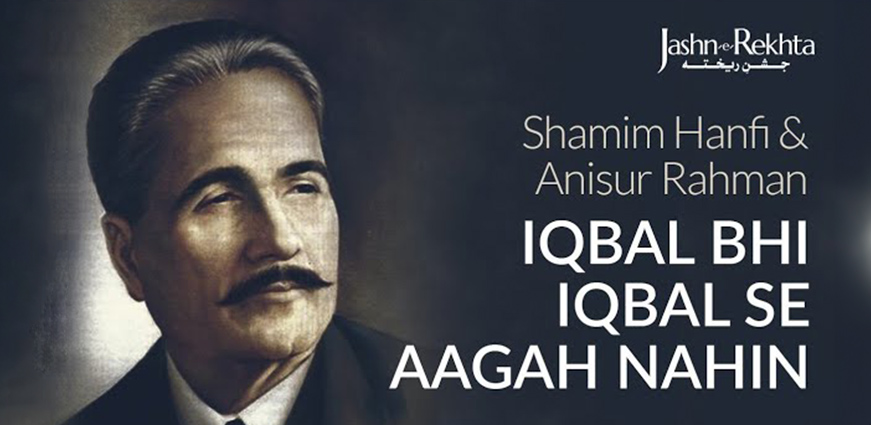

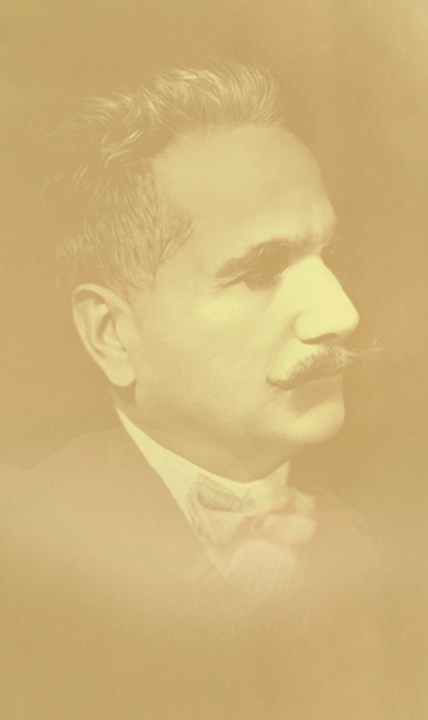
Read these interesting articles to explore his world
Read these interesting articles to explore his world
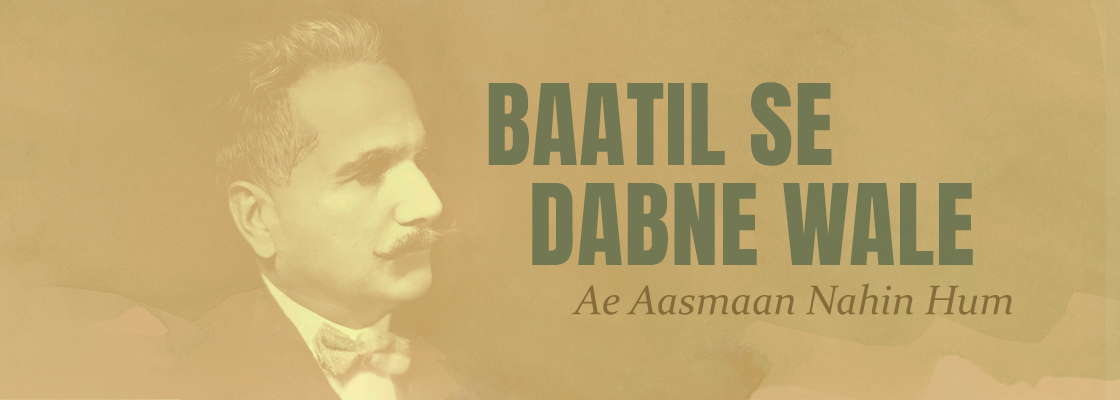
With the coming of the nineteenth century, the idea became common among us that there is no place for preaching and moral subjects in ghazal. Iqbal was aware of our ancient tradition, so he had no difficulty employig such themes. In Ghazal, the devaluing of "non-lewd" subjects begins with a sense of desperation. No wonder Hasrat Mohani objected to Iqbal. But in making a decision about a ghazal on the basis of different couplets, there is the same error that I have pointed out above. A single verse, no matter how bad, or how strange, is not a complete Ghazal.
Read MoreSmith believes that Iqbal thinks well about the individual, but he has slipped in understanding the collective problems and is not well acquainted with economics and sociology. He claims to have found things here and there that tend towards fascism, although Iqbal is not fascist. His idealism does not allow him to understand the facts of life, and his philosophy is an Islamic version of Nietzsche and Bergson.
Read MoreYaadon ke jharokhe se...


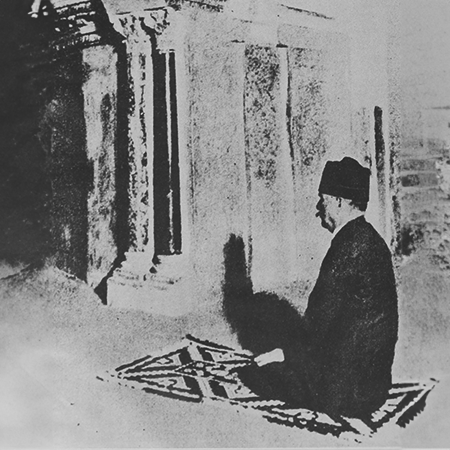


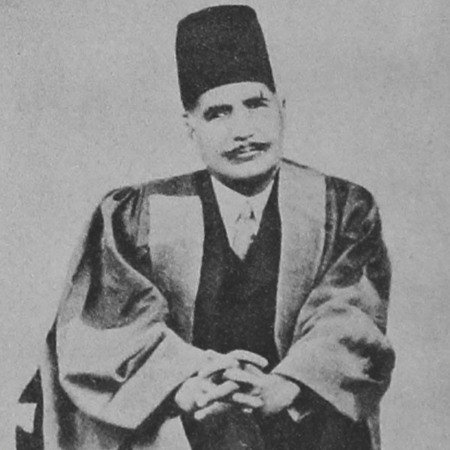


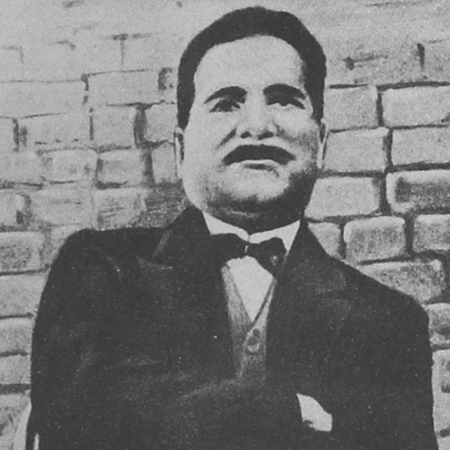


One of the greatest Urdu Poets.National poet of Pakistan who penned 'Saare jahan se achaa hindustaan hamara', and 'Lab pe aati hai dua ban ke tamanna meri'.





